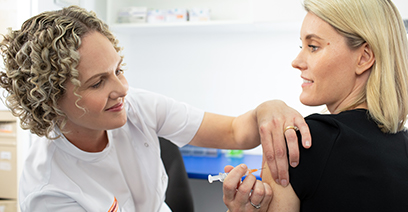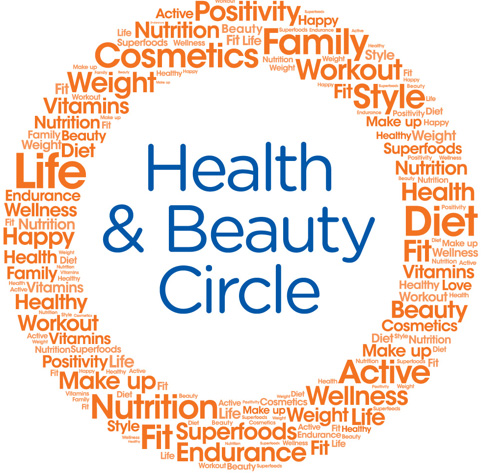
Carolyn Clementson B.Pharm (read time 3.5mins)
COVID-19 vaccination is a hot topic and one that stimulates lively discussion. Health professionals and elected officials are urging the community to seek vaccination as soon as they are able, in an attempt to return to a more normal way of living, but is vaccination really the answer? Well, yes! It’s the most effective tool that we currently have.
Vaccinations save lives. Prior to the introduction of vaccines, thousands of children died every year from diseases such as tetanus, diphtheria, and whooping cough. This is now a very rare event; thanks to major vaccination programs.
Vaccinations use your body’s immune system to provide protection against infection before you come into contact with that infection. Once vaccinated, if you are exposed to the infection, your immune system works to reduce your chance of contracting the disease or if you do become infected, reduces the severity of the disease. COVID-19 vaccinations approved for use in Australia (AstraZeneca, Pfizer, and Moderna), have been shown to reduce the likelihood of becoming unwell with COVID-19 disease, but more importantly, to significantly reduce the likelihood of severe disease, hospitalization, and death as a result of COVID-19 disease. Data from the current outbreak in NSW supports this. Between 16 June and 7 August 2021, 759 patients were hospitalized due to COVID-19 in NSW. Of the hospitalized patients, 88.1% were unvaccinated and a further 9.7% were partially vaccinated, with only 2.1% being fully vaccinated. Of the 107 patients admitted to an Intensive Care Unit (ICU), 91.6% were unvaccinated, with a further 8.4% partially vaccinated. There were no fully vaccinated patients admitted to ICU.
Vaccinations have been rigorously tested to demonstrate their safety and effectiveness. A new vaccine goes through many phases of development prior to approval. COVID-19 vaccines have been developed without compromising quality, safety, and effectiveness. It may appear they have been developed quickly, but researchers were working on vaccines from very early in the pandemic and were able to speed up development through collaboration between them, scientists, manufacturers, and distributors. All of this was made possible because of unprecedented global funding. Additionally, research into a pandemic response was occurring long before COVID-19 and findings could be adapted from previous coronaviruses such as SARS in 2002 and MERS in 2012, giving researchers a head start when building the COVID-19 vaccines.
After vaccines are introduced, they are closely monitored for effectiveness and safety. Sometimes, unexpected side effects occur after vaccines are registered for use. Common side effects of vaccination include fatigue, headache, body aches, and fever and severe side effects include anaphylaxis and, in the case of the AstraZeneca COVID-19 Vaccine, a condition called thrombosis with thrombocytopenia syndrome (TTS). TTS involves blood clotting with a low platelet count. Whilst serious, TTS is a very rare side effect. The risk of TTS occurring in Australia, using data from the first 6.0 million AstraZeneca vaccines administered, is estimated to be 2.7 per 100,000 people aged under 60 years and 1.7 per 100,000 people aged above 60 years. However, modeling estimates that the number of hospitalizations, ICU admissions, and deaths saved as a result of vaccination is far greater than this. Furthermore, doctors are now very skilled at identifying and treating TTS.
Pfizer was the preferred COVID-19 vaccine for people younger than 60 years in Australia. However, in light of continued outbreaks, that advice had been updated to include that if the Pfizer vaccine was not available and the benefits to you were likely to outweigh the risks, then you may choose to receive an AstraZeneca vaccine if you provided informed consent after discussing the risks and benefits with a health professional, like your pharmacist.
The good news is that the Moderna vaccine is now available! People over 12 years of age can now book in to receive their Moderna vaccine from our pharmacists. The Moderna vaccine uses similar technology to the Pfizer vaccine and has demonstrated a similar level of safety and effectiveness.
By choosing vaccination, not only are you protecting yourself, you are protecting other family members and the community too! Some people in our community cannot be vaccinated. This might be because they are too young or too sick. At the moment, in Australia, we are only vaccinating people over 12 years against COVID-19, leaving young children vulnerable. When enough people in the community are vaccinated, the spread of disease slows down or stops completely – this is because the disease can’t move as easily from person to person.
Arm yourself!




